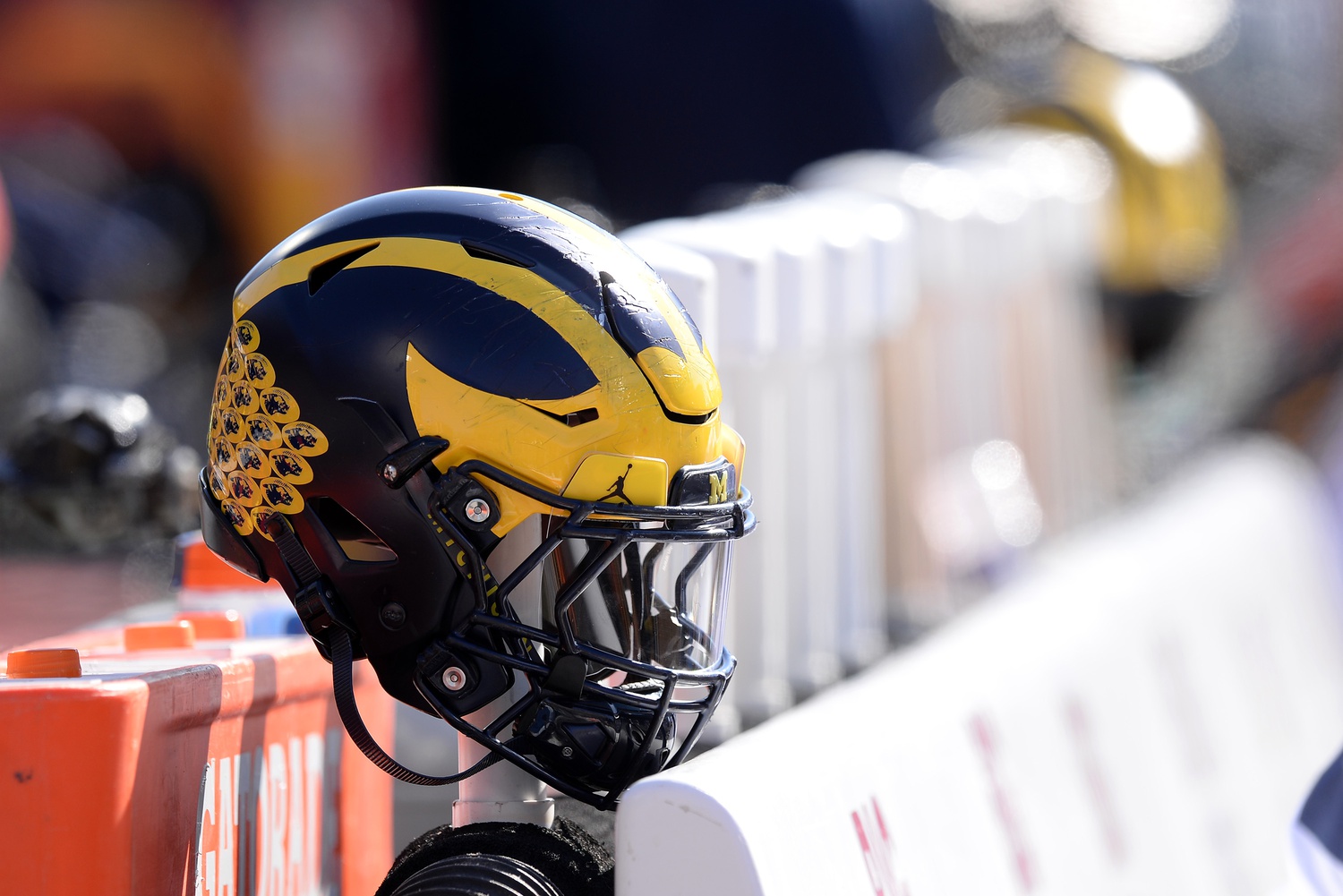On Wednesday, May 8, Michigan became the first school to have an executive-level position in the program, as they hired the NFLPA’s Terése Whitehead as NIL executive GM. What is her new role, and what does the position’s creation mean for the college football landscape?

The Impact of Michigan’s New NIL Executive GM
NIL and the transfer portal have turned the sport into a free-for-all, with the rich getting richer and those on the outside looking in struggling to keep up. And with the sheer amount of money flowing into NIL collectives, football programs, and now players, it was only a matter of time before an in-house position was implemented to help schools and players wade through the murky waters.
Whitehead, who graduated from Michigan in 1999, returns to her alma mater at a pivotal point. Not only is the team fresh off a national championship victory, but the Wolverines also underwent a coaching overhaul and were dealt a three-year probation by the NCAA.
“Terése’s addition to our team marks a pivotal moment for Michigan Athletics, and I am excited to partner with her,” athletic director Warde Manuel said in a statement.
“Terése is a perfect fit and uniquely qualified to lead U-M’s strategy thanks to her impressive sports background in marketing, licensing, brand development, and partnerships and her experience across agency, league, and team settings to tailor tremendous revenue-generating opportunities for teams and individual athletes.
“Through this joint venture with Altius Sports Partners (ASP), I am confident that Terése will quickly navigate the shifting NIL landscape to empower and positively position our student-athletes.”
Whitehead will act as a specialized advisor for players while also being the primary point of contact for stakeholders, such as Michigan Sports Properties (exclusive athletics multimedia rightsholder) and Champions Circle (primary NIL collective).
“Returning to the University of Michigan feels like a homecoming where my passion for sports and advocacy began. My entire sports marketing journey has equipped me with invaluable experience, particularly in leveraging the individual and group NIL rights of professional athletes,” said Whitehead in a press release.
(Group licensing deals are a way for companies to partner with large sets of athletes rather than negotiating individual NIL deals with each one. The best nationwide example is the upcoming EA College Football 25 video game, which releases this summer, offering $600 to players who opted in for the use of their NIL rights).
“Now, alongside Altius Sports Partners, I’m eager to apply that insight to empower U-M athletes in navigating the evolving landscape of NIL. Our goal is clear: support every stakeholder, elevate Michigan’s NIL initiatives, and shape futures both on and off the field. I’m committed to making a lasting impact, ensuring every Wolverine student-athlete feels supported, informed, and empowered to seize opportunities ahead.”
In short, Whitehead’s sole purpose is to help student-athletes maximize their NIL opportunities, thus making Michigan an even more attractive collegiate home.
NIL collectives are privately controlled, meaning they do not have to report their annual fundraising or how those funds are spent. However, NIL NCAA has estimated funding for each program based on the historic booster support and market data for 2023-2024 NIL spending.
The average Power Five program was listed at $9.8 million last season, and Michigan checked in at sixth in the nation at over $16 million, behind only Texas, Ohio State, LSU, Georgia, and Texas A&M.
The Wolverines are no stranger to NIL innovation. They boast the largest NIL marketplace in the country with their VICTORS Program, allowing companies to partner with any of their athletes.
Michigan is also recognized as the first athletic department to sign a group licensing contract with its student-athletes through The M Den, which sells officially licensed UM jerseys that can be customized with players’ names and numbers.
Additionally, the school uses its Academic Success Program, Athletics Career Center, and Leadership Development Programs to provide education and branding support for its athletes. When paired with the department led by Whitehead, players can navigate and maximize their NIL opportunities in a streamlined way.
Last April, “Hail! Impact,” a Michigan-centric NIL collective, launched with the goal of raising $5 million to give every Michigan football player a stipend of up to $40,000. Co-founder Andy Johnson said they worked with the IRS and believe they are the first NIL collective to be considered a charity since the agency issued its guidance about donations.
When Hail! Impact receives a donation, 70% goes to one of its partner charities, and 30% goes to Michigan’s student-athletes. After the Wolverines won the Rose Bowl last season, Hail! Impact received $2 million from a single donor, and they presumably garnered millions more after their national title win. Having an in-house GM to oversee exactly how that trickles down to players is imperative — as is making sure all NCAA rules are followed.
ASP currently has 40 partners and 17 participants in its GM Program, including LSU, USC, and Georgia. The program helps the program mold their NIL GM role to their specific priorities and offers “tailored education, strategic guidance, and execution support for NIL initiatives.”
Following Michigan’s recent hiring, it wouldn’t be surprising if more schools join the program and bring in their own NIL GM. Not only is it beneficial for recruiting, but it’s becoming a necessity due to the sheer amount of deals that take place. This takes work off the backs of coaches and staff members who may not be experts in the field and ensures athletes understand the contracts they are signing.
Plus, we are likely only a few years away from schools being able to sign NIL deals directly with their own players, effectively making college sports pay-for-play. And having a NIL GM already in place would alleviate stressors during the transition.
College Football Network has you covered with the latest news and analysis, rankings, transfer portal information, top 10 returning players, the 2024 college football season schedule, and much more!

